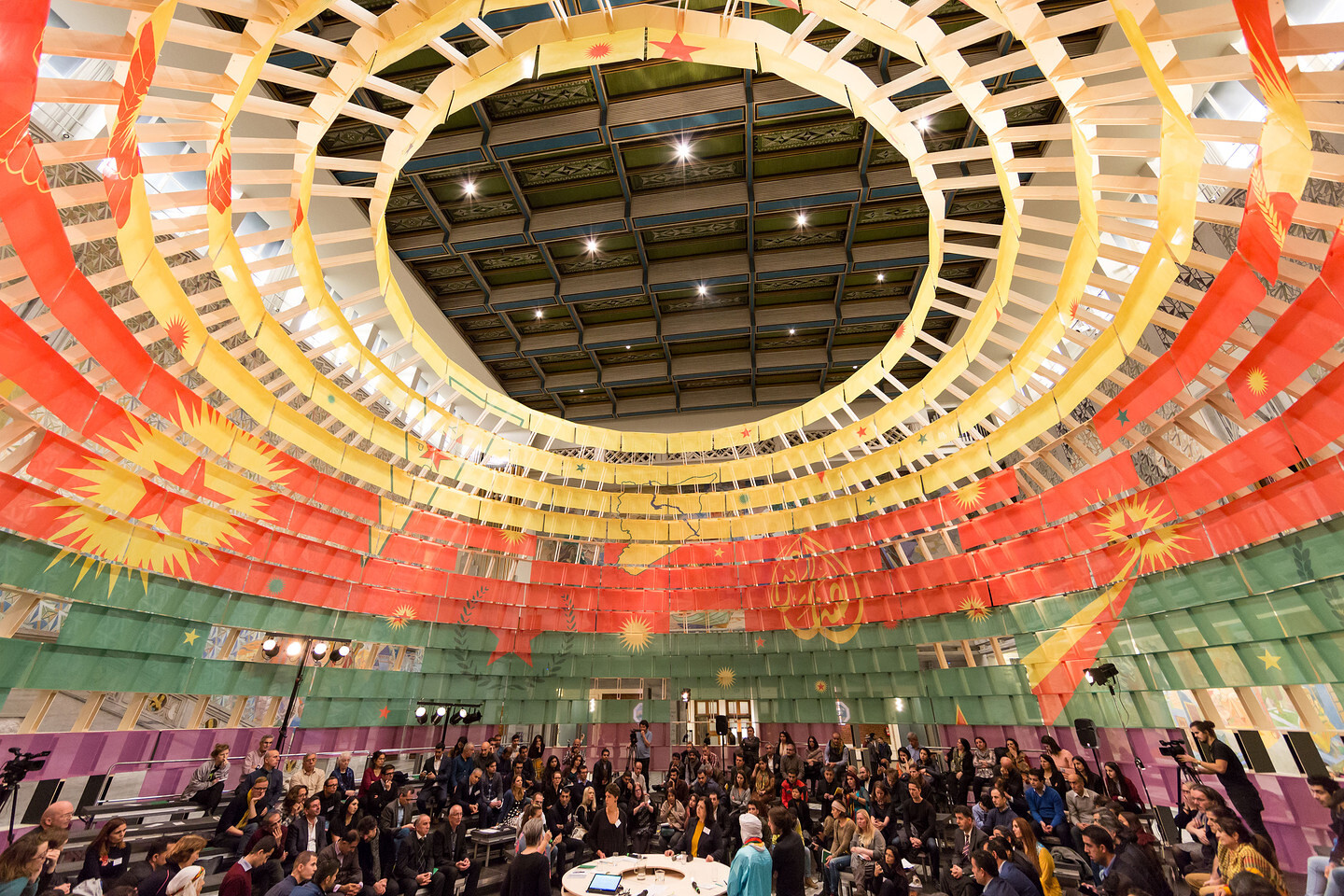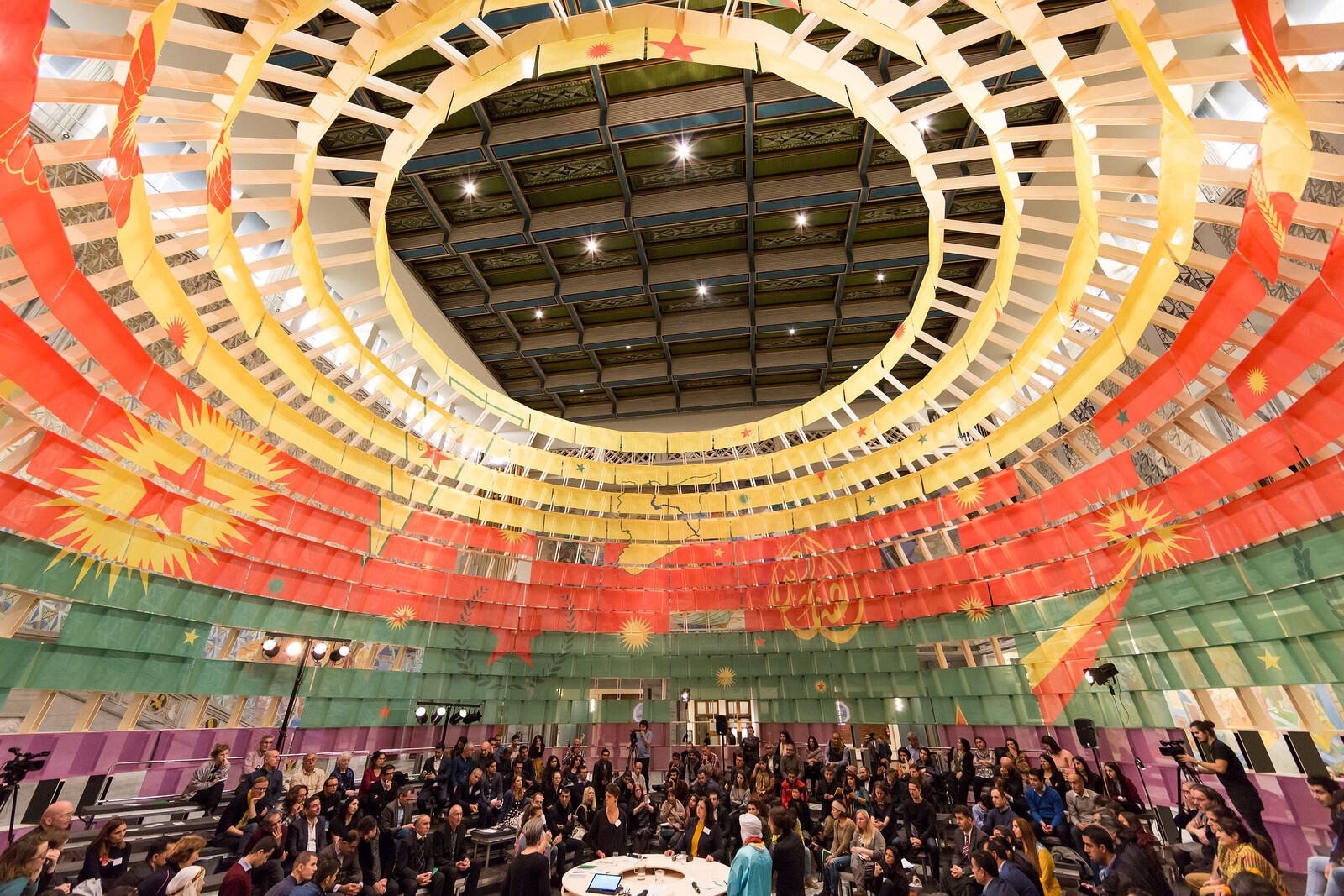Synchronicity


What about the atemporal remains?
What about those clinging on the other side?
The less opulent ones,
synchronous to what is left; to what is (to be) shared;
to knowledge chronically rooted.
What is there to be said?
There: where the “crisis” is ostensibly over and, yet;
revealingly,
it is not [over].
In awaiting the specificity of the temporal
(a) subject loses that which is to come
and that which unfolds in the arena of the quotidian.
What if we sought to comprehend this new horizon as a grasping of Black individuation from within the cultural weight of colonialism, where one finds the measure of their validity in the problems we confront? What if the individual in relation to whiteness was not given as a fact preexisting the operation of being and becoming Black? What if the image of Blackness, and thereby the Black individual produced by colonialism, was merely one element of individuation constituting a false assumption of the exhaustion of Black existence? Finally, what if Black existence was grasped not as a final outcome in recourse of the presumption of racial logics, but as a process of individuation that reformulates the categories of knowledge, thereby shifting ontological assumption from one that exists in relation to whiteness to one who’s principle of genesis becomes internally generated and invented from within?
The history of social civilization in the last two centuries may be read as an attempt to escape the inflexible law of the survival of the fittest. Social solidarity has been the attempt to transform the world into an anti-natural place of no competition. The autonomy of politics and ethics from the natural law of evolution was based on the conscious limiting of the power of intelligence. When intelligence is not restrained by sensibility, it deploys as brutal force.
Regardless of which Christian sect we ascribe it to, universalism remains a Western intellectual product. In reality there has been no universalism (at least not yet), only universalization (or synchronization)—a modernization process rendered possible by globalization and colonization. This creates problems for the right as well as the left, making it extremely difficult to reduce politics to the traditional dichotomy. The reflexive modernization described by prominent sociologists in the twentieth century as a shift from the early modernity of the nation-state to a second modernity characterized by reflexivity seems to be questionable from the outset.







